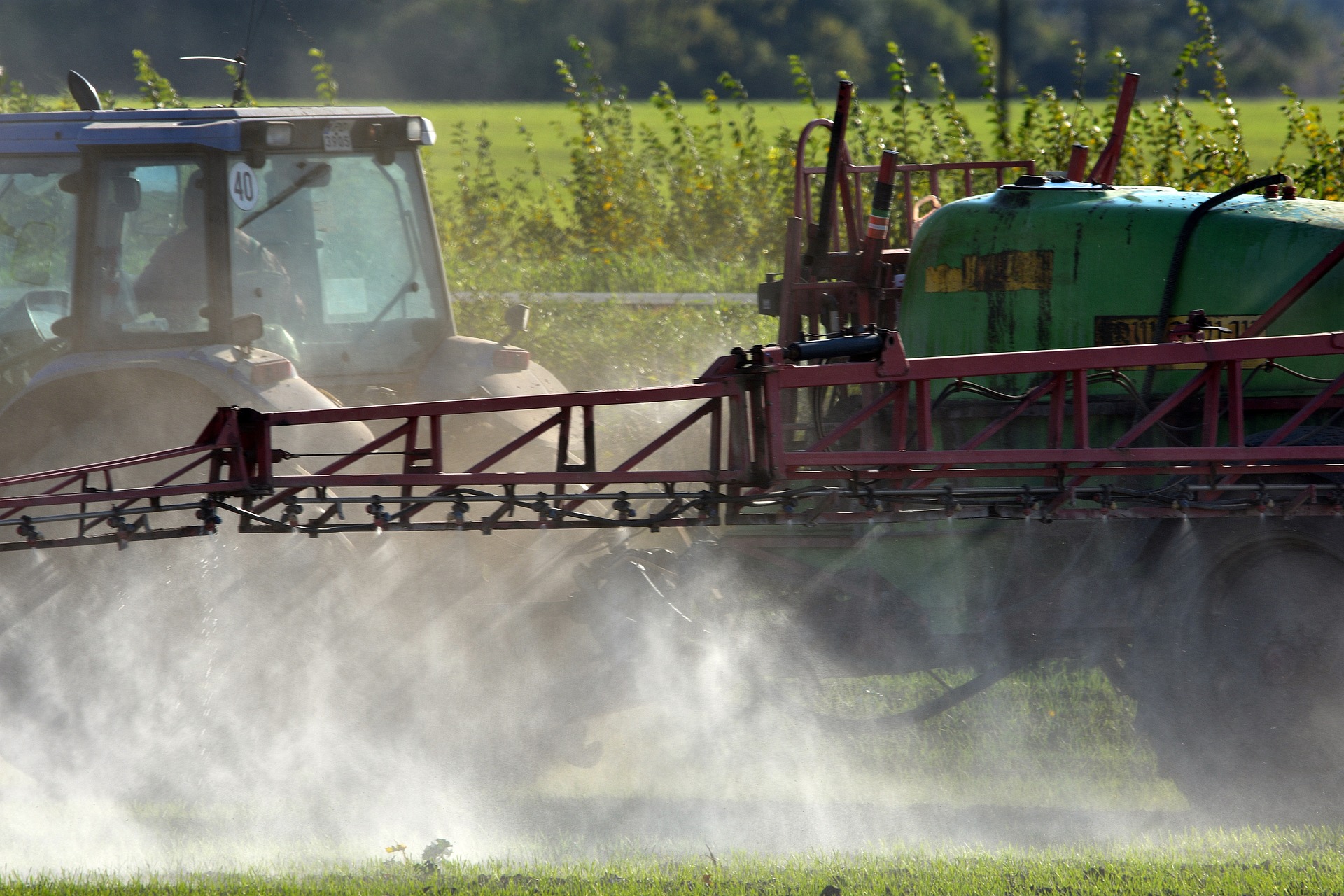EU Commission: re-approve glyphosate for 10 years

The EU exited a draft regulation on Tuesday (20 September) to member states, foreseeing the renewed approval of glyphosate for the EU market beyond 15 December this year, when the current approval expires.
“It is appropriate to provide for a renewal of the approval of glyphosate for ten years,” the text reads.
Commission spokesman Stefan de Keersmaecker told reporters on Wednesday (20 September) that the proposal was “based on scientific, solid information considering different active substances involved.”
If passed, the regulation will mean that glyphosate – the most widely used herbicide in the EU – can continue to be used in plant protection across the EU for the next decade, but that the approval can be reconsidered at any point during this time if need be.
However, EU countries still have the chance to block the draft regulation during a vote in the Standing Committee on Plants, Animals, Food and Feed (PAFF Committee) set to be held in October.
The Commission proposal comes on the back of a lengthy evaluation process on the safety and risks of glyphosate – a contentious question as scientists and stakeholders diverge over which risks the substance does or does not pose to human health and the environment.
Most recently, the EU Food Safety Authority (EFSA) concluded that no “critical concerns” are linked to the use of glyphosate, but that data gaps do not allow conclusions on several aspects, including the ecotoxicology of the substance and specifically the risk it poses to mammals.
While many critics of glyphosate have argued that these gaps mean the scientific basis for re-approving glyphosate is not sufficient, the EU executive came to a different conclusion.
A high-ranking Commission official acknowledged that, in the EFSA conclusion, “there are some data gaps, and some issues are not fully finalized,” but said that this “is the case in practically all of EFSA’s conclusions on all substances”.
He added that, after reviewing the EFSA report, the Commission concluded that the issues in question “do not constitute a risk to human health or the environment” and that renewal is thus “possible with appropriate conditions”.
In its long-awaited verdict on the risk posed by the divisive herbicide glyphosate, EU food safety authority EFSA has found ‘no critical areas of concern,’ although it said data gaps did not allow conclusions on certain aspects.
Potential restrictions
To ensure these “appropriate conditions” and account for data gaps identified by EFSA, the EU executive included a list of aspects member states are required to pay “particular attention” to when they approve plant protection products containing glyphosate and decide on potential restrictions on their use.
This includes a risk assessment of “co-formulants” – that is, other substances that are part of a product’s recipe alongside glyphosate. This evaluation of the final product, such as the herbicide Roundup, is within the remit of member states, as the EU is only in charge of approving individual active ingredients.
National regulators are also urged to consider the potential risk of spray drift – that is, the herbicide landing on plants that were not targeted – in indirect effects on biodiversity.
Moreover, the draft regulation sets out that they should make risk mitigation measures a condition for the use of glyphosate, while also considering the risk of non-professionals using the product.
A leaked EU draft report on the renewal of EU approval for the controversial herbicide glyphosate suggests it could be approved as early as September, a timeline lambasted by green campaign groups as ‘undemocratic’.
Member states to decide
According to the Commission official, the proposal will be discussed with member states in the PAFF meeting on Friday (22 September), while a vote is scheduled for October’s meeting.
If a majority of the countries’ representatives do not vote in favor of the Commission proposal during this meeting, an appeal body has to be convened, which could delay the process.
However, ultimately, the approval of the regulation can only be blocked by a qualified majority of member states voting against it.
So far, only one country has said it plans to vote against the draft, according to the official, even though some national governments have criticized the EFSA assessment in explicit terms.
“The firm intention of the commission is to conclude this process before 15 December, which is the expiry of the current approval,” they stressed.

Contact us
Our network of independently operating service providers are specialised in testing for inspection and certification of feed, ingredients for mixed foods, textiles and fuel. Contact us and we will assist you in the best possible way.